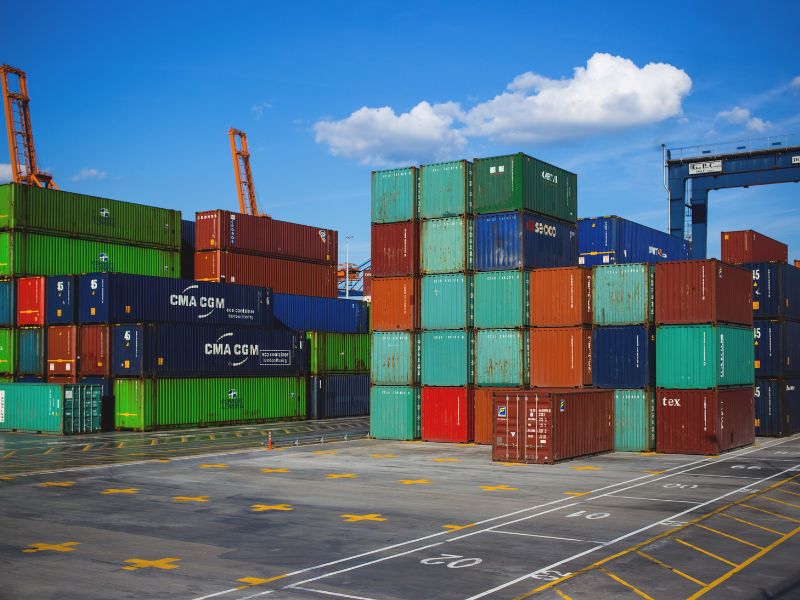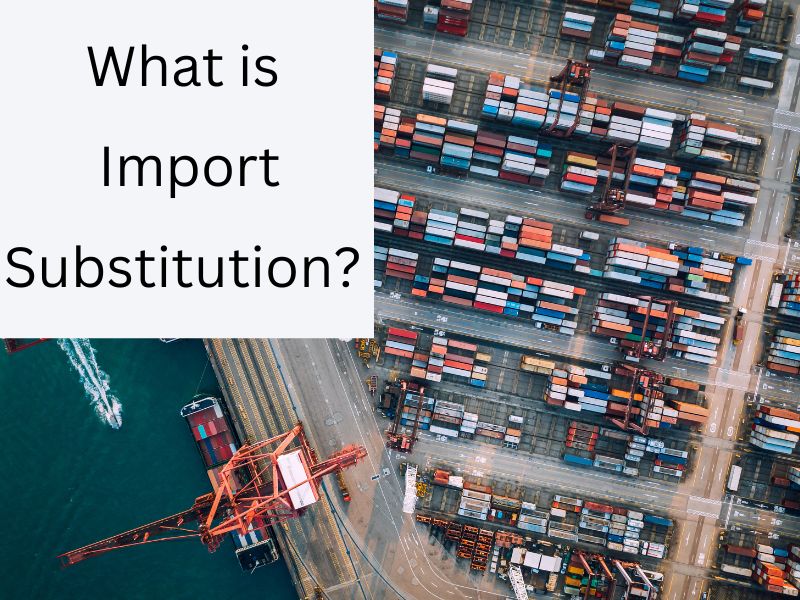What is import Substitution?
Import Substitution Industrialization (ISI) is an economic strategy aimed at reducing a country’s dependence on imported goods by fostering the growth and development of domestic industries. Primarily adopted by developing nations, ISI seeks to protect nascent industries from international competition through various measures, such as tariffs, import quotas, and government subsidies. The ultimate goal is to achieve self-sufficiency and strengthen the local economy by ensuring that goods produced domestically can compete with those from abroad.
Emerging in the mid-20th century, ISI became a prominent policy in regions like Latin America, Africa, and parts of Asia. This approach was a response to the perceived failures of export-led growth strategies and the need for economic independence. By cultivating internal markets and promoting industrialization, countries implementing ISI aimed to build robust economic foundations that could withstand global market fluctuations.
While ISI contributed to significant industrial growth in many nations, it also faced criticism and challenges, such as inefficiency, high inflation, and economic imbalances. The rise of global liberalization and structural adjustment programs in the 1980s and 1990s led many countries to shift away from ISI policies towards more open and competitive market economies.
This article delves into the intricacies of Import Substitution Industrialization, exploring its theoretical foundations, historical applications, successes, and shortcomings. By examining the evolution of ISI and its impact on developing economies, we gain a deeper understanding of its role in shaping modern economic policies and development strategies.

What Is Import Substitution Industrialization (ISI)?
Import Substitution Industrialization (ISI) is an economic policy framework aimed at reducing a country’s dependence on imported goods by fostering the growth and development of domestic industries. This strategy is primarily adopted by developing countries seeking to build self-sufficient economies and achieve sustainable economic growth. By encouraging local production and reducing reliance on foreign goods, ISI aims to create a more resilient and autonomous economic structure.
Key Concepts and Strategies
- Protection of Infant Industries: One of the central tenets of ISI is the protection of new and emerging domestic industries from international competition. This is often achieved through tariffs, which are taxes imposed on imported goods, making them more expensive compared to locally produced products. Additionally, import quotas limit the number of foreign goods that can enter the market, further encouraging domestic production.
- Government Support and Subsidies: Governments implementing ISI policies often provide financial support to local industries through subsidies and low-interest loans. This support helps reduce production costs and makes domestic goods more competitive in the market.
- Developing Internal Markets: ISI focuses on creating a strong internal market for domestic goods. By promoting local consumption of domestically produced items, countries can stimulate demand and support the growth of their industries.
- Diversification of the Economy: Another goal of ISI is to diversify the economy by developing a wide range of industries, from basic consumer goods to more advanced manufacturing sectors. This diversification reduces dependence on a narrow range of exports and creates a more balanced economic structure.
Theoretical Foundations
ISI is grounded in several economic theories:
- Infant Industry Argument: This theory suggests that new industries need protection and support until they become mature and can compete globally.
- Singer-Prebisch Thesis: This thesis argues that developing countries face deteriorating terms of trade and should therefore focus on industrialization to improve their economic position.
- Keynesian Economics: Emphasizes the role of government intervention in stimulating economic growth and development.
Historical Context and Application
ISI policies were widely adopted in the mid-20th century, particularly in Latin America, Africa, and parts of Asia. Countries in these regions sought to break free from colonial economic patterns and establish independent, self-sufficient economies. Prominent examples include:
- Latin America: Countries like Argentina, Brazil, and Mexico implemented ISI policies, focusing initially on non-durable consumer goods and gradually moving towards more complex industries like machinery and electronics.
- Asia and Africa: Nations in these regions also embraced ISI to promote industrial growth and reduce reliance on imported goods.
Successes and Challenges
While ISI led to significant industrial growth and development in many countries, it also encountered several challenges:
- Economic Inefficiencies: Protectionist policies often led to inefficiencies and lack of competition, resulting in higher production costs and lower quality goods.
- High Inflation: The focus on domestic production and restricted imports often caused inflationary pressures.
- Debt and Economic Imbalances: Many countries faced economic imbalances and increased foreign debt due to the high costs of implementing ISI policies.
Shift to Liberalization
By the 1980s and 1990s, many developing countries began to shift away from ISI policies in favor of market-driven liberalization. Influenced by structural adjustment programs from the International Monetary Fund (IMF) and the World Bank, these countries opened their markets to international trade and reduced protectionist measures. This shift aimed to increase efficiency, competitiveness, and integration into the global economy.
Conclusion
Import Substitution Industrialization played a crucial role in the economic development strategies of many developing countries during the mid-20th century. Despite its successes in fostering industrial growth, the approach also faced significant challenges that led to its decline in favor of more open and competitive economic policies. Understanding ISI provides valuable insights into the complexities of economic development and the ongoing quest for sustainable growth and self-sufficiency in the global economy.
Shahkar Company: A Commitment to Quality Dried Fruits

At the forefront of the dried fruit industry is Shahkar, a German-based company dedicated to bringing the finest dried fruits from the Middle East to the European market. Partnering with only the most reputable farmers in the region, Shahkar ensures that every dried fruit they export is of exceptional quality. Their meticulous selection process ensures that only the ripest, juiciest fruits are used, resulting in dried fruits that burst with flavor and nutritional goodness.
Shahkar’s presence extends beyond Germany, with a strategic office located in the United Arab Emirates. This strategic location allows the company to maintain close ties with its Middle Eastern partners and ensure seamless supply of the finest dried fruits to European consumers.
Discover the Difference of Shahkar
Experience the difference that Shahkar’s commitment to quality and expertise makes. Their dried fruits are a testament to the power of nature’s bounty, carefully preserved to enhance their flavor and nutritional value. With Shahkar, you can indulge in the wholesome goodness of dried fruits while knowing that you’re supporting sustainable farming practices and contributing to the preservation of traditional Middle Eastern agriculture.
call us!
Contact us to explore the boundless prospects of co-branding across a variety of premium dried fruits with us.
we cant wait to reach your call!
we also got help from these websites and sources:








